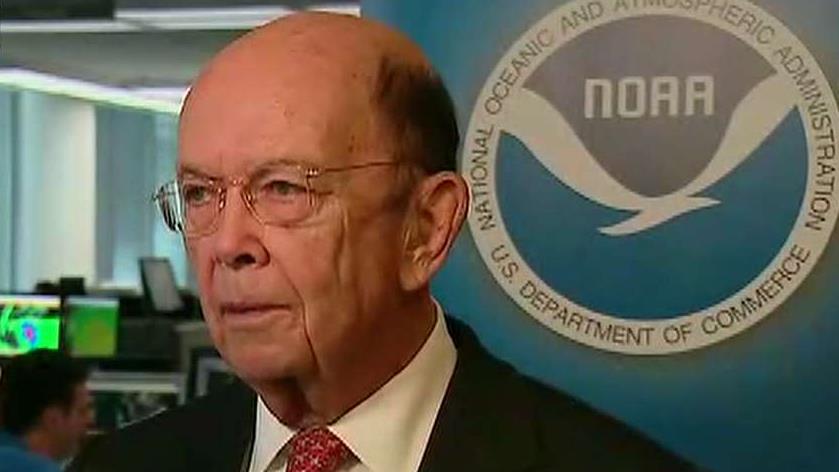Hurricane Florence: These goods could become more expensive
Damage from Hurricane Florence, expected to slam into the East Coast Friday morning, could drive up the price of a number of products.
Hurricane Florence could damage tobacco crops in North Carolina and Virginia, the first- and third-largest tobacco growing states in the U.S., respectively, according to Statista. If the damages are extensive, they could drive tobacco prices higher and affect shares of publicly traded companies like Altria Group (MO), Philip Morris International (PM), British American Tobacco (BTI) and Vector Group (VGR).
North Carolina is home to many pig farms and the impending storm left farmers scrambling on what to do with their livestock. Brad Rippey, USDA meteorologist, told FOX Business that the storm is causing huge concern to the “entire hog industry.”
“North Carolina is by far the biggest [pork producer] in the eastern United States. There is about one-eighth of the all hog and pig production here,” Rippey said.
Pork producers in the state are moving animals to higher ground, ensuring feed supplies are in place, preparing for power outages and assessing manure lagoon levels, according to the North Carolina Pork Council.
Higher expenses from these storm-related measure could mean higher prices for pork products.
While oil prices saw a boost earlier in the week as the storm barreled toward the southeastern U.S., they have since pulled back. According to GasBuddy, Florence is not expected to result in widespread gas price hikes.
“Gasoline availability has been a headache, but the good news is that supply has remained healthy. Stations aren’t able to refill their storage tanks as quickly as motorists are filling up due to the influx of demand,” says Patrick De Haan, senior petroleum analyst at GasBuddy. “Supply continues to flow out of refineries at normal levels, so the outages at stations are more of a headache than a panic … There have been no refinery shutdowns as a result of Florence.”
“The good news for motorists is that this is not an event that will result in widespread gas price spikes. Refiners are unhindered and out of the way of the storm, so gasoline keeps flowing,” added De Haan.
Meanwhile, North Carolina Gov. Roy Cooper declared a state of emergency on Sept. 7, triggering provisions of a price gouging statute that will stay in effect until the state of emergency is lifted.
